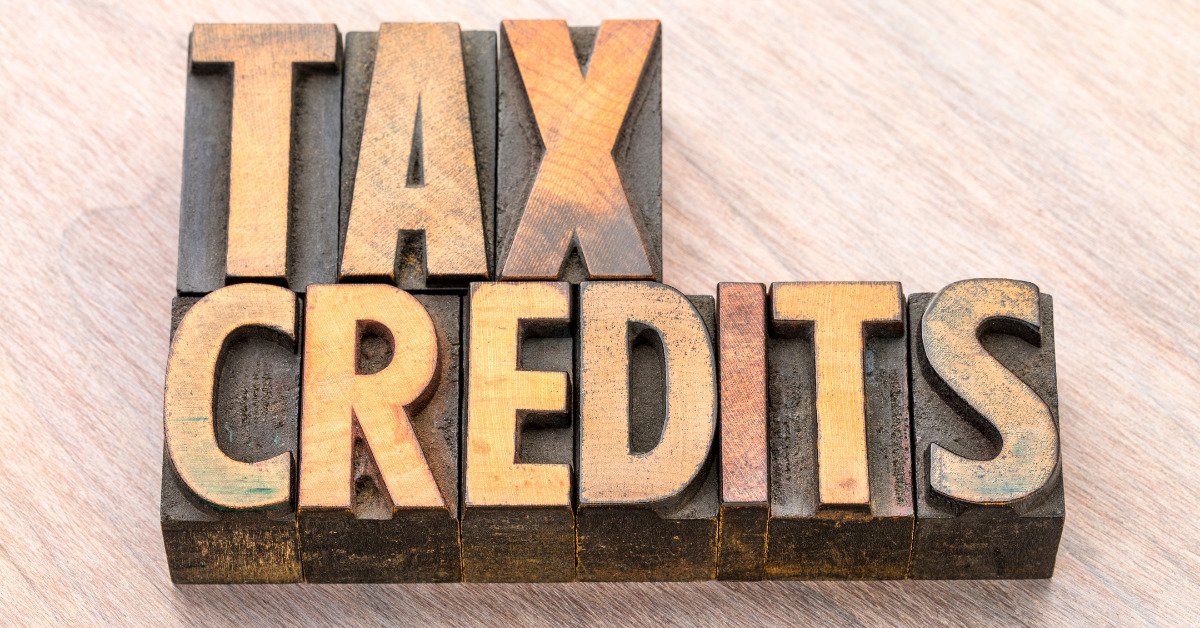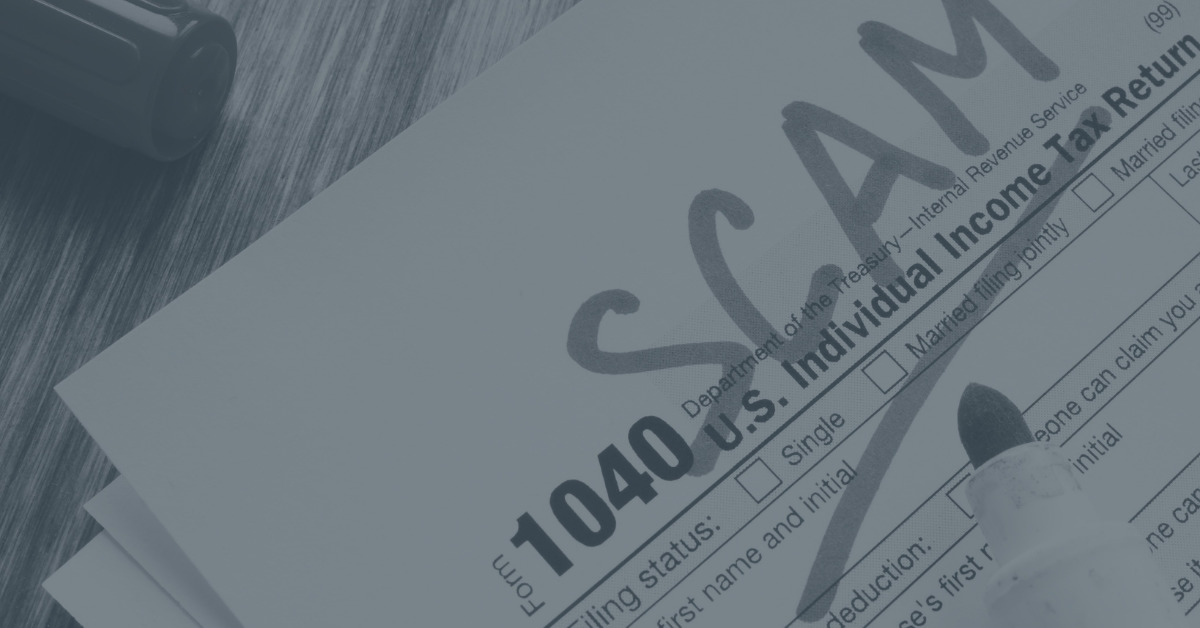The IRS has released the 2021 “Dirty Dozen” tax scam list. This annual list helps taxpayers to be aware of potential ploys to steal money and personal information. This year’s list is divided into four categories: pandemic-related scams, personal information cons, ruses on unsuspecting victims and schemes that persuade taxpayers into unscrupulous actions. Continue reading below for scams to be aware of this tax year.
- Economic Impact Payment theft
As a result of the CARES Act and the American Rescue Plan Act, many Americans received Economic Impact Payments (EIP), also known as stimulus checks. In general, these payments come straight from the IRS to eligible individuals. The IRS will not reach out asking for bank account information, Social Security numbers or personal information confirmation; ignore random calls, text messages and emails asking for this type of information.
- Unemployment fraud leading to inaccurate taxpayer 1099-Gs
The pandemic led to an increase of unemployed individuals applying for unemployment compensation from their respective states. Many of these individuals did not receive their compensation due to fraudulent claims from identity thieves. Taxpayers should look out for a Form 1099-G reporting unemployment compensation they did not receive. Individuals in this position should contact the appropriate state agency.
It is not uncommon for “new charities” to pop up all over the place when a disaster occurs. Most of these new charities are just scams, asking for donations for their cause but pocketing the money, or personal information, instead. Donating to charity sounds well and good, not to mention the tax deduction that comes with it, but donations must be made to a qualified charity. Taxpayers should always vet the charities before giving.
Just as the previous type of scammers prey on generosity during times of tragedy, they also prey on the most vulnerable of the population year-round. Immigrants should be aware that random phone calls threatening deportation, jail time or revocation of a driver’s license are not from the IRS. These scare tactics are not used by IRS agents, and phone calls are not typically the first attempt at contact from the IRS. Seniors and those that love them should also be aware of the persuasive and threatening techniques used by scammers.
- Unscrupulous tax return preparers
Taxpayers should be wary of ghost tax preparers, preparers that refuse to sign and include their Preparer Tax Identification Number (PTIN) on tax returns. Having a tax return prepared by an unqualified and unlicensed preparer puts taxpayers at risk of getting into trouble with the IRS. Being picky is okay when it comes to choosing a tax preparer!
Other forms of tax scams that made the 2021 IRS “Dirty Dozen” list include unemployment insurance fraud, offer-in-compromise “mills,” syndicated conservation easements, abusive micro-captive arrangements, potentially abusive use of the US-Malta tax treaty, improper claims of business credits and improper monetized installment sales. For more on this year’s “Dirty Dozen,” visit https://www.irs.gov/newsroom/irs-announces-dirty-dozen-tax-scams-for-2021.
Our team is committed to keeping your information safe and secure, and we are always available to address concerns you may have about tax scams. Contact one of our tax experts to discuss these fraud attempts. If you are concerned about technological security, contact ATA Secure, ATA Family of Firms member.









